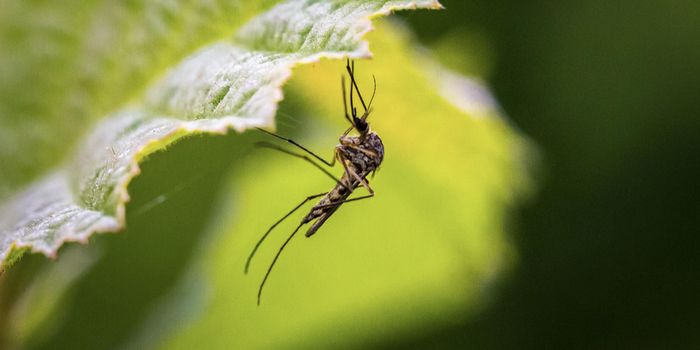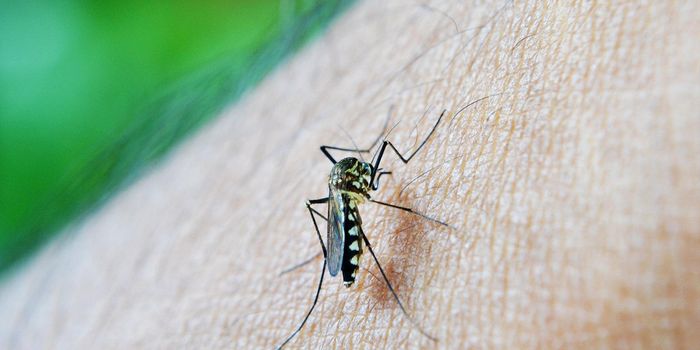It's Time for Your Annual Flu Shot
The leaves are changing color, and there’s a chill in the air; it’s that time of year again - flu shot season. The Centers for Disease Control and Prevention (CDC) and other organizations are encouraging individuals aged six months and older to get a flu shot before the end of October. According to the CDC, getting vaccinated is the best way to prevent flu infection. The flu can be particularly dangerous for the elderly and children, and getting a vaccination can stop the flu from causing death. Last year's season was particularly bad; around 80,000 people were killed by influenza.
There are other preventive measures recommended by the CDC, including keeping your hands clean by washing your hands correctly and by sneezing or coughing into your elbow instead of into your hand. People are also advised to stay home if they feel sick; don’t spread your illness to others at work or at school.
If you do get sick, most flu treatments address the symptoms, which include fever (but not everyone with the flu gets a fever) as well as a sore throat, cough, congested nose, aches and chills, and fatigue. There are antiviral medications that might be prescribed in some cases, but antibiotics are not effective against a viral infection. Antibiotics only combat bacteria; the flu and common cold are both caused by viruses.
It’s important to get a flu shot every year because researchers design a flu vaccine against the strain of flu that is predicted to cause harm during the upcoming flu season, which changes from year to year. A lot of information and work goes into that prediction. Flu centers all over the world collect data throughout the year on influenza strains that are making people ill. It's all collected at five centers, one of which is at the CDC in Atlanta. Scientists at those centers monitor all of the data and meet a couple of times a year to make their forecasts.
A successful vaccine then has to be designed for the strain that’s been identified, and doses must be manufactured. Many times the scientists do well with the production of the seasonal vaccine, but sometimes the match isn’t as good as investigators hope. However, it’s still important to get the vaccine. Every year, millions are sickened, and thousands die from the flu.
The National Foundation for Infectious Diseases notes that in the US, around 31 percent of adults 50-64 years old and 47 percent of people over age 65 have a chronic health condition that raises the risk that they’ll have a complication from flu, like hospitalization, disability or death. The flu shot is free for people on Medicare.
Check out a webinar about the flu vaccine here.
Sources: CDC, Scientific American, National Foundation for Infectious Diseases









